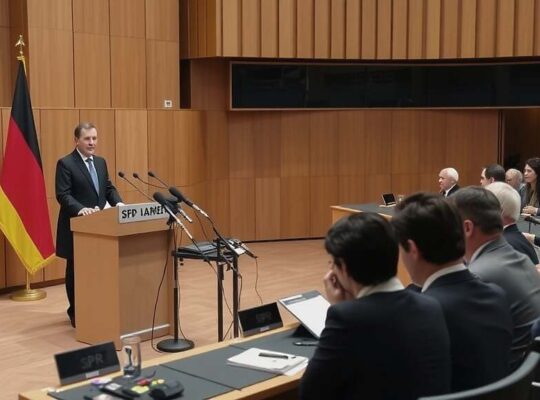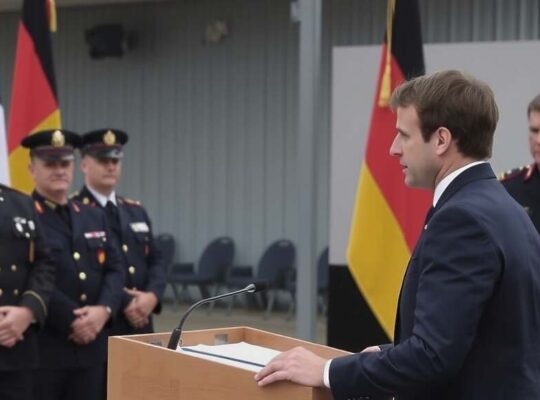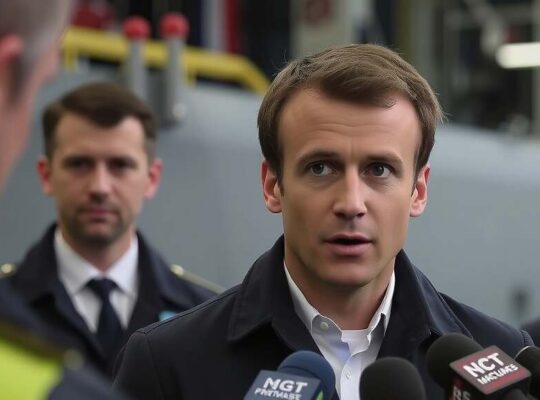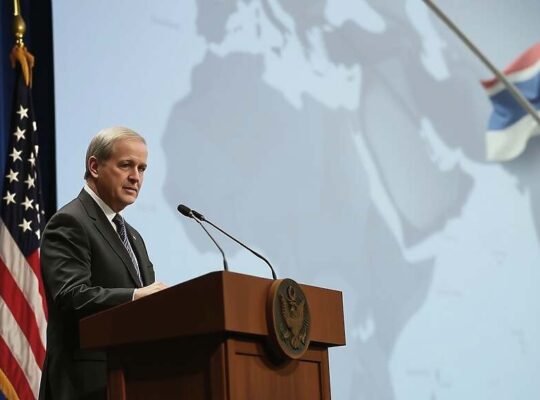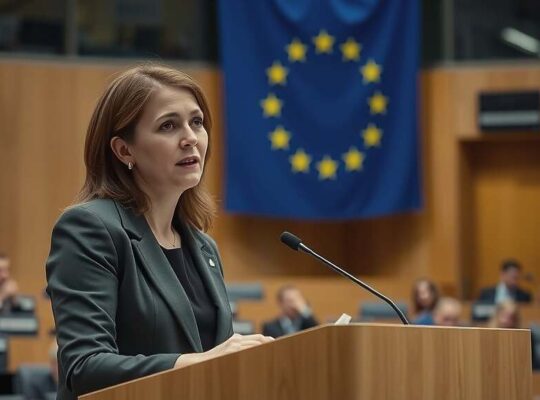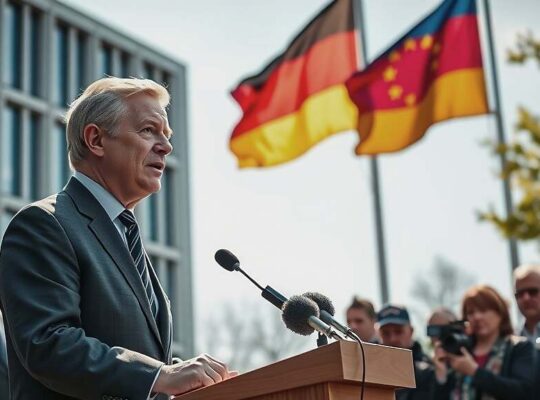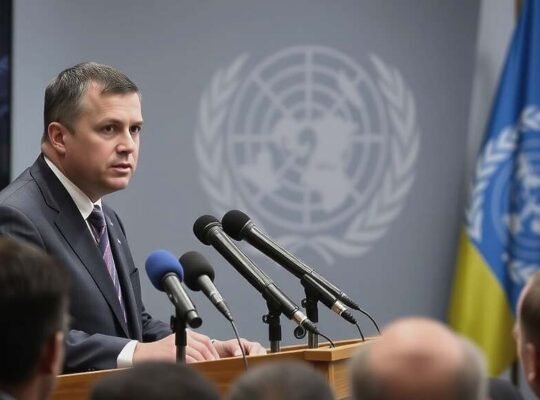Following a previously announced resignation, French Prime Minister Sébastien Lecornu has been tasked with renewed negotiations to forge a consensus and stabilize the nation. The Élysée Palace confirmed Monday that President Emmanuel Macron has requested Lecornu to conduct final discussions with various political factions, aiming to establish a foundation for action and stability by Wednesday evening.
Lecornu, in a statement released Wednesday evening, confirmed he has accepted the President’s request and will engage in further talks with political forces to address the country’s stability. He will then report to the President, detailing the prospects for success or failure, allowing him to draw the necessary conclusions.
Sources close to the President have indicated that if these efforts prove unsuccessful, Macron will assume responsibility for the situation.
President Macron holds a significant constitutional authority, allowing him a range of options including the appointment of a new Prime Minister – a possibility that could include Lecornu’s reinstatement – or the dissolution of parliament and a call for new elections. It’s important to note that a newly appointed Prime Minister is also subject to a vote of no confidence by the parliament.
The ongoing governmental uncertainty stems predominantly from France’s challenging financial situation and high levels of national debt. Significant cuts to public spending are anticipated for the coming year, measures that have generated considerable public discontent.




